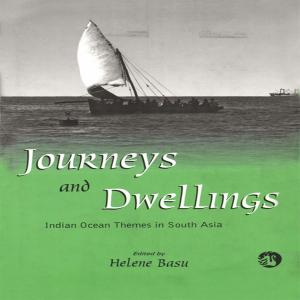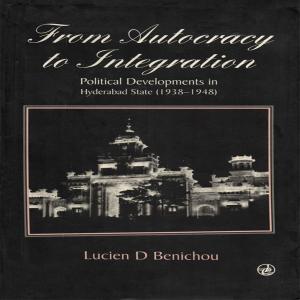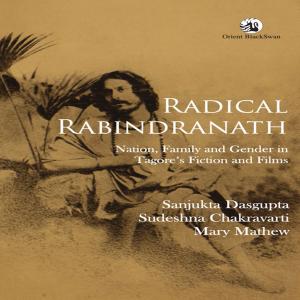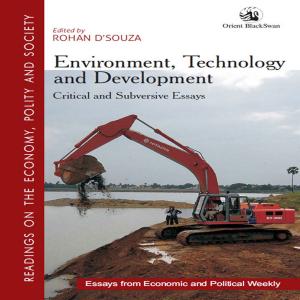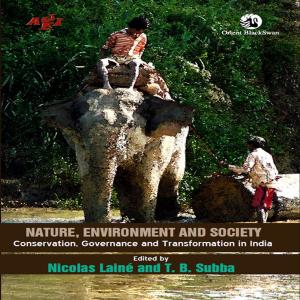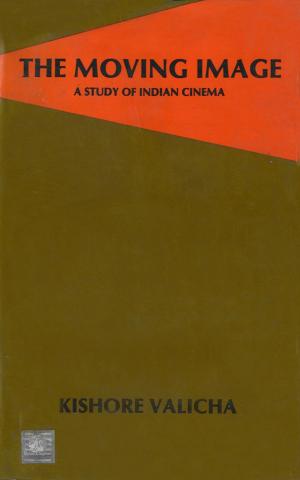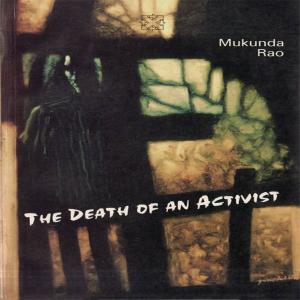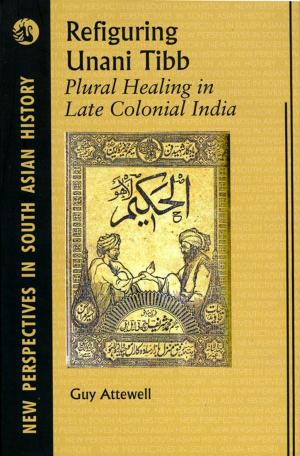| Author: | Sabyasachi Bhattacharya | ISBN: | 9788125054313 |
| Publisher: | Orient Blackswan Private Limited | Publication: | December 15, 2009 |
| Imprint: | Language: | English |
| Author: | Sabyasachi Bhattacharya |
| ISBN: | 9788125054313 |
| Publisher: | Orient Blackswan Private Limited |
| Publication: | December 15, 2009 |
| Imprint: | |
| Language: | English |
Rethinking 1857, edited by Sabyasachi Bhattacharya, marking the one hundred and fiftieth anniversary of 1857, explores the possibilities and limits of recent thinking on the 1857 Uprising. The way we interrogate the past differs from generation to generation. The questions we ask today are moulded by the concerns of our times. Coming from perceptibly different points of departure, the contributors of this volume converge on one central theme: gaining new insights into the events and people that made 1857. This anthology includes fifteen essays divided into four thematic groups. The first theme is the questioning of the conventional historiography of 1857. The second theme is the impact of 1857 on tribal and dalit communities who have been marginalised by the mainstream of Indian society, as well as by dominant traditions in historiography. The third group considers uprisings in regions beyond the north Indian Gangetic heartland, which have scarcely merited mention in the narratives of 1857 till recent times. Finally, the last theme is the alternative polity that was posited, briefly and without success, during the Uprising of 1857 -- an area that has hardly been dealt with by historians. Including an extensive introduction by the editor, Rethinking 1857 brings together some of the papers presented at a conference organised by the Indian Council of Historical Research to mark the one hundred and fiftieth anniversary of the 1857 Uprising.
Rethinking 1857, edited by Sabyasachi Bhattacharya, marking the one hundred and fiftieth anniversary of 1857, explores the possibilities and limits of recent thinking on the 1857 Uprising. The way we interrogate the past differs from generation to generation. The questions we ask today are moulded by the concerns of our times. Coming from perceptibly different points of departure, the contributors of this volume converge on one central theme: gaining new insights into the events and people that made 1857. This anthology includes fifteen essays divided into four thematic groups. The first theme is the questioning of the conventional historiography of 1857. The second theme is the impact of 1857 on tribal and dalit communities who have been marginalised by the mainstream of Indian society, as well as by dominant traditions in historiography. The third group considers uprisings in regions beyond the north Indian Gangetic heartland, which have scarcely merited mention in the narratives of 1857 till recent times. Finally, the last theme is the alternative polity that was posited, briefly and without success, during the Uprising of 1857 -- an area that has hardly been dealt with by historians. Including an extensive introduction by the editor, Rethinking 1857 brings together some of the papers presented at a conference organised by the Indian Council of Historical Research to mark the one hundred and fiftieth anniversary of the 1857 Uprising.



